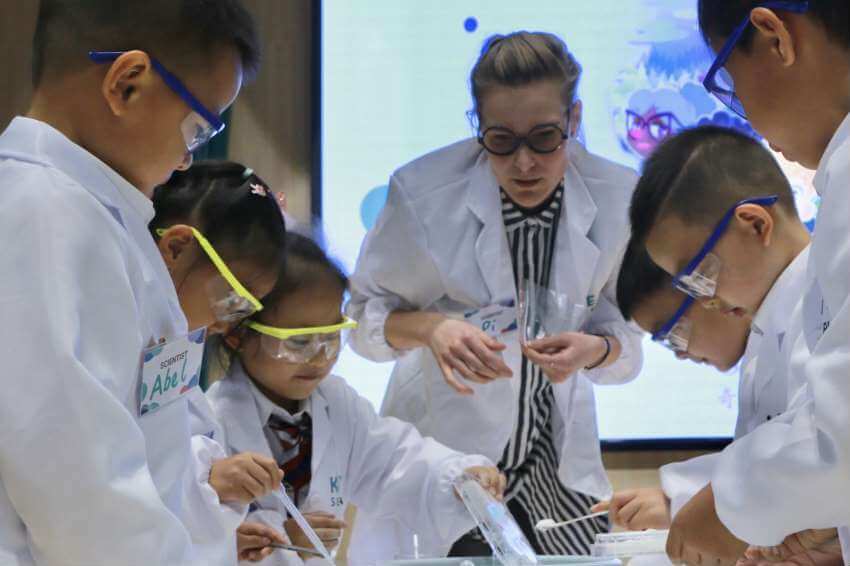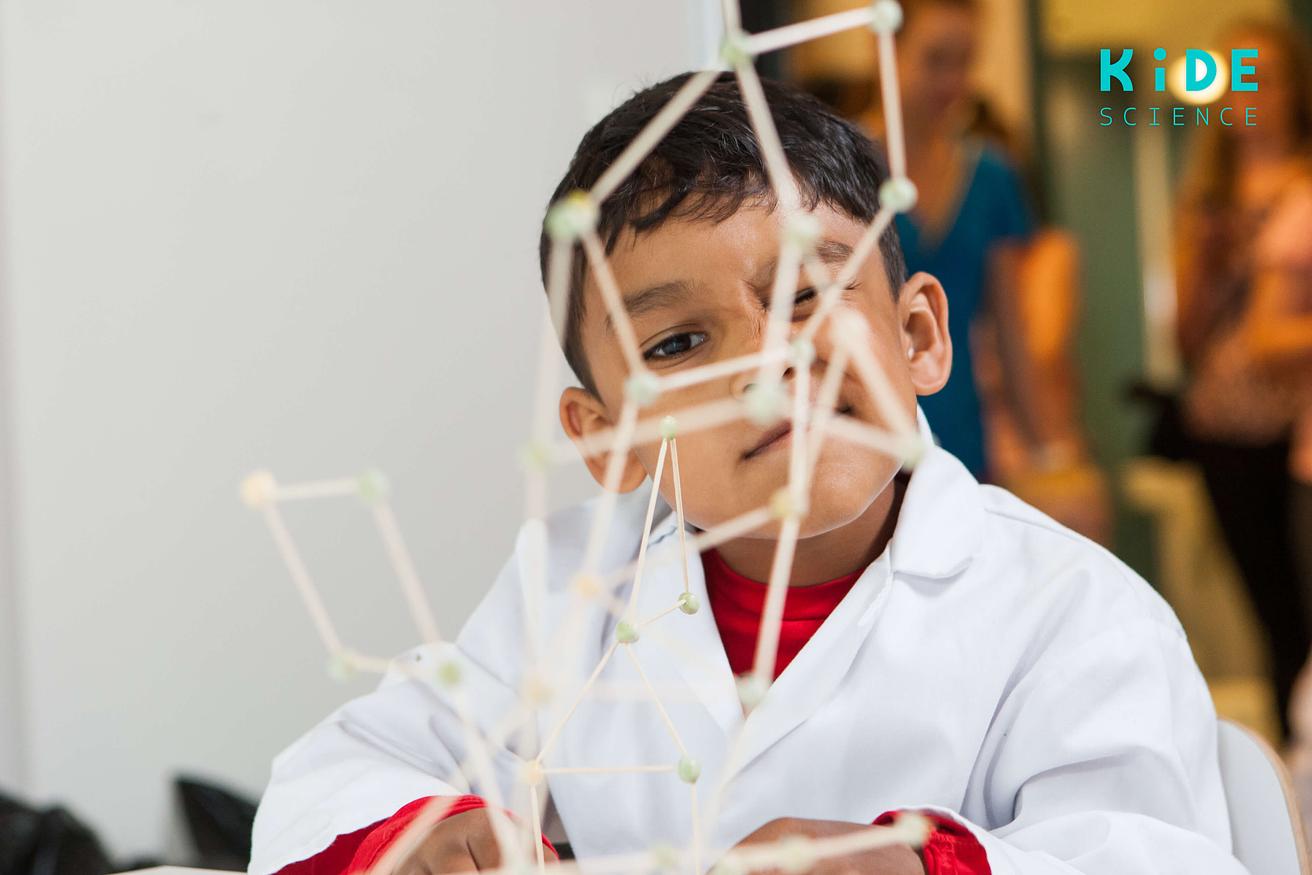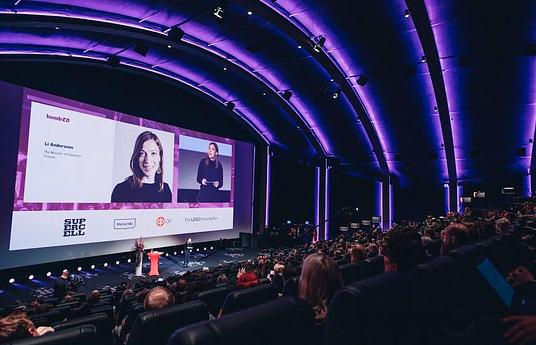Today let's celebrate World Science Day for Peace & Development with Kide Science, recently selected as part of the HundrED 2O20 Global Collection. Researcher & co-founder of Kide Science, Dr. Jenni Vartiainen talks us through the importance of teaching science & techonology as a means to equip our students for their future.
Our contemporary society is going through groundbreaking changes. We are living extraordinary times from at least two viewpoints: never before has the climate warmed as quickly as it does now, never before have we had so much plastic in the oceans that it compares to a size of a continent and never before have species been wiped extinct in such vast numbers; on the other hand, access to knowledge has never been as open as it now. However, there is a flipside to that coin: whereas access to knowledge is wide open for everyone, there is also access for anyone to publish anything for a multitude of different purposes. These issues force us to reimagine what skills and knowledge children will need to cope in the future.

Science and technology strongly drive the change in our society. Not only will we need more people who strive towards science and technology-related careers, but more importantly, we will need remarkably more people who are able to think scientifically and to back up their daily decisions with scientific knowledge. Science is inevitably present in our everyday lives and therefore empowering people to participate in science-related discussions and to understand the consequences of their own actions is a high priority. To make that happen, we will need to teach children how to think scientifically and critically.
When we look at the research, scholars are unanimous with the fact that science and scientific thinking need to be introduced to children already in their early years. Early science education promotes children’s self-competence, motivation, and interest in science. Furthermore, early science instruction yields better learning outcomes later in school. However, not all types of early science instruction are effective for young children. Early science education requires remarkably different pedagogical approaches than what are usually implemented with school-aged children.
Children benefit from play-based science instruction. Playing is a fundamental way for children to practice a variety of skills, such as social, emotional and everyday skills.

When we talk about young children’s science education, it is essential to understand what the desired learning outcomes are. According to research, young children do not benefit from the acquisition of detailed scientific content knowledge; children gain the greatest benefit by practising the scientific process, which in turn develops scientific thinking skills. Young learners practice the scientific process by paying attention to science process skills. These are universal skills needed in all fields of science to inquire and to find out. Basic science skills include making observations and describing them in a scientific way, measuring, classifying, cooperating, and drawing conclusions.
Although the benefits are well understood from the viewpoint of children and society, early science education holds no place in early education or is implemented with inappropriate pedagogies. One major reason this is the teacher’s feeling of lacking competence in the field of science. Teachers feel that they do not master science at such a level that they could introduce it to children. Another common obstacle is that teachers feel that planning science activities is difficult and even if they have well-developed knowledge in science they struggle to introduce science in a way that is appropriate for young children.
Kide Science is a Finnish pedagogical STEAM innovation that provides teachers with top quality curriculum materials to implement early science education in a playful way. Kide Science's pedagogy is grounded on rigorous scientific research and follows the acknowledged Finnish philosophy on early education. When children do science with the Kide curriculum, they feel like they're playing and enjoying themselves, while in fact, they are building highly important skills needed in the scientific process and thinking. For teachers, Kide Science is an easy plug-and-play method to ensure that their pupils will gain the skills needed in the future.

Kide Science uses storytelling as a powerful tool to motivate children to participate in science activities. The story world of Kide is free of cultural stamps because it stems from the imaginary world called Supraland, located in a different dimension. In Supraland forests are made from crystals and animals are geometric shapes, for instance. That kind of world celebrates children’s natural curiosity and imagination without binding it to a specific cultural environment.
To learn more about Kide Science, visit their innovation page here!


